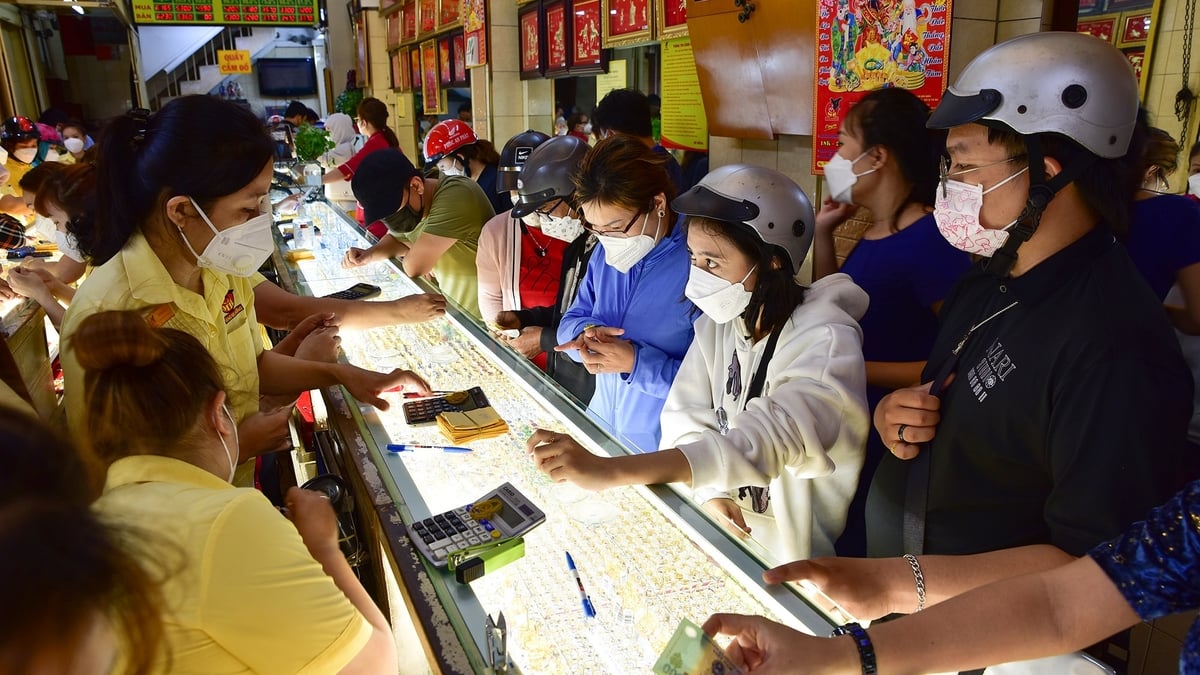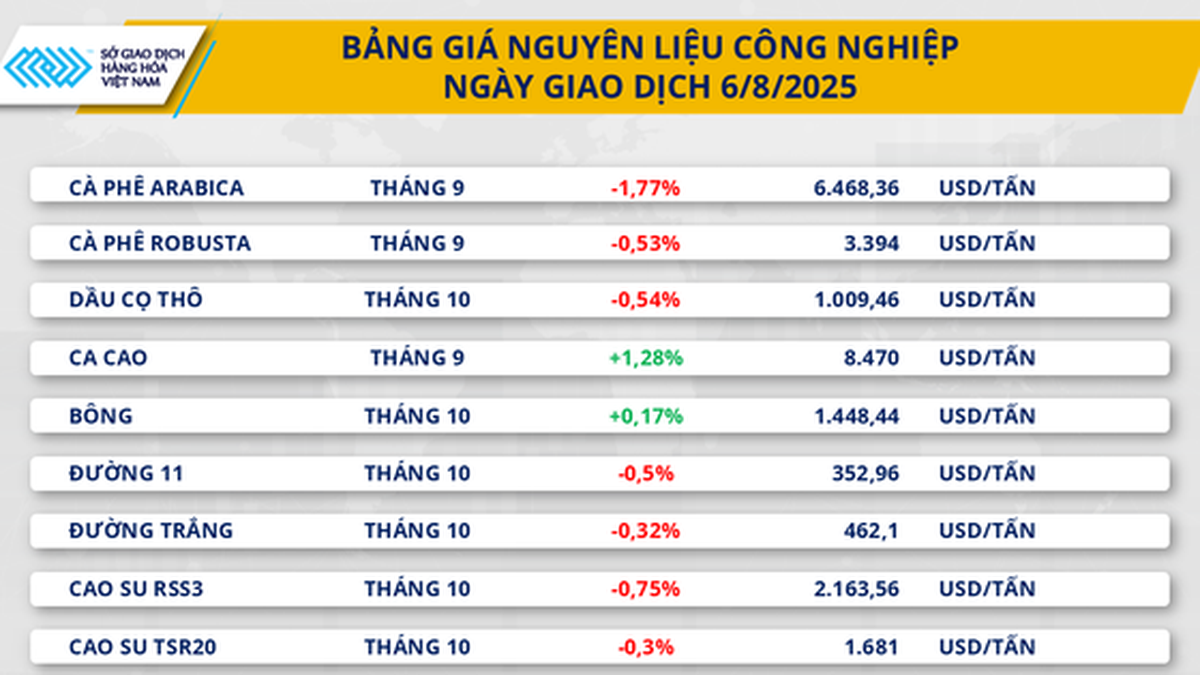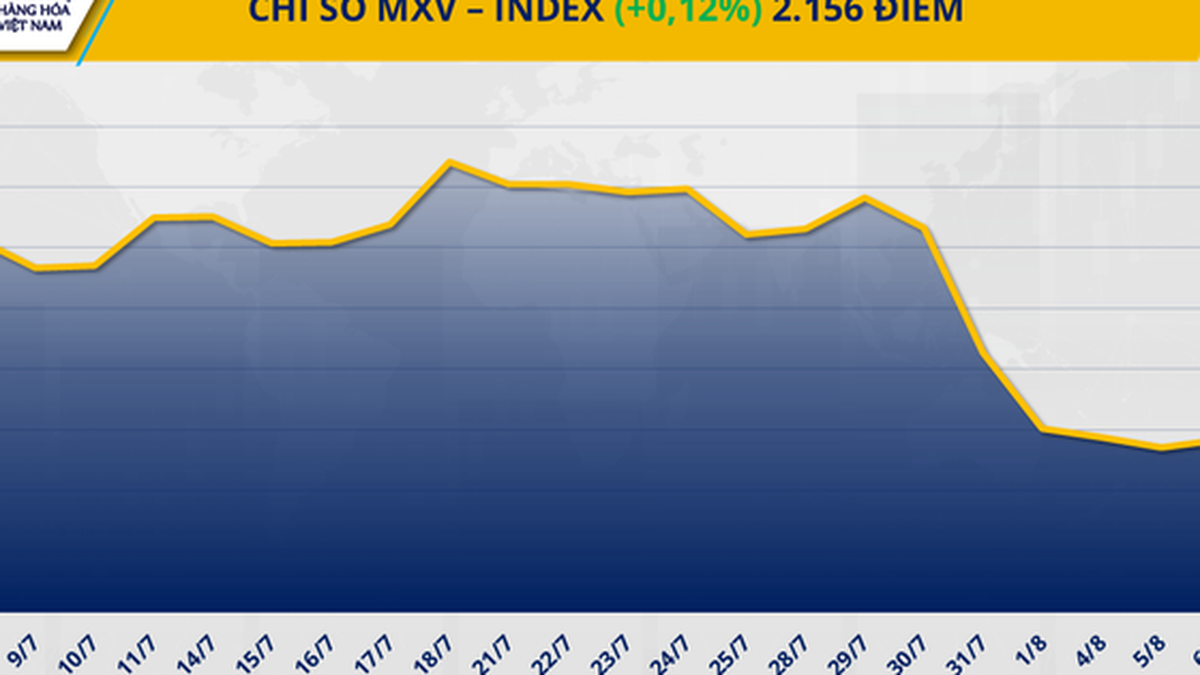A 22-year-old man, PTĐ (from Bac Ninh ), fell into a coma after developing symptoms of fever and headache. His roommate discovered his lethargy and quickly took him to the hospital for examination.
According to information from the Central Hospital for Tropical Diseases, before being admitted to the hospital, the patient had symptoms of fever and headache. However, the patient's condition then worsened, he fell into a coma and was unable to respond to questions from those around him.
The patient was admitted to a local hospital but was found to have suspected signs of meningitis, so he was transferred to the Central Hospital for Tropical Diseases for further treatment.
Upon receiving the patient, Dr. Dong Phu Khiem, Deputy Director of the Intensive Care Center at the Central Hospital for Tropical Diseases, said that the patient had obvious signs of meningitis, including deep coma and respiratory failure. The patient needed ventilator support. In addition, the patient had a hemorrhagic rash on his skin, a symptom suggestive of meningococcal infection.
Tests quickly confirmed that the patient had meningococcal infection. After 5 days of intensive treatment, the patient's condition gradually improved, he regained consciousness and could begin to be taken off the ventilator.
Associate Professor, Dr. Nguyen Kim Thu, Head of the Department of General Infections at the Central Hospital for Tropical Diseases, said that meningococcal infection is an extremely dangerous acute infectious disease caused by the bacteria Neisseria meningitidis. The disease is transmitted through the respiratory tract through direct contact or through droplets from the patient.
Symptoms usually begin suddenly with fever, headache, sore throat, nausea, and vomiting. Some patients may develop a petechiae on the skin. As the disease progresses, patients may become comatose, have seizures, and lose consciousness. If not treated promptly, the disease can cause sepsis and rapid death.
The disease often breaks out easily in collective environments such as schools, dormitories, barracks and industrial zones. It is worth noting that about 5-25% of healthy people carry this bacteria in their nose and throat without showing obvious symptoms.
Medical experts recommend that to effectively prevent the disease, everyone should be vaccinated against meningococcal disease. In addition, maintaining good personal hygiene habits, keeping the living environment clean, wearing a mask when in close contact with sick people and using preventive medicine if there is a risk of exposure are necessary measures to prevent the spread of the disease.
According to Dr. Nguyen Tuan Hai, vaccination expert of the Safpo/Potec Vaccination System, meningococcal bacteria have 13 pathogenic serotypes, of which groups A, B, C, Y and W-135 are commonly found in Vietnam.
In particular, children under 1 year of age, especially those under 5 months of age, are at the highest risk of contracting group B meningococcal disease. The incidence of invasive meningococcal meningitis in children under 1 year of age is 10 times higher than the incidence in the general population.
To prevent meningococcal meningitis, especially group B, early vaccination is very important. In addition, full vaccination with other vaccines such as pneumococcal, measles, and chickenpox is also needed to protect children and avoid the risk of disease overlap, especially in the context of changing weather and disease outbreaks.
According to Associate Professor, Dr. Do Duy Cuong, Bach Mai Hospital, meningitis caused by meningococcal bacteria can progress very quickly and dangerously. Symptoms include sudden high fever, headache, vomiting, impaired consciousness and can lead to coma quickly. Exodermal necrolysis can also appear, making the patient susceptible to acute adrenal insufficiency syndrome, shock and death within just a few hours.
Associate Professor Cuong emphasized that meningitis caused by meningococcal bacteria has a mortality rate of 10-20%, and if not treated promptly, the disease can lead to death within 24 hours. Early detection and timely treatment are extremely important to save the patient's life.
To prevent the disease, doctors recommend that people proactively get vaccinated against meningococcal disease to protect personal and community health.
Vaccines are an important tool to reduce the risk of disease and protect the overall health of the community. People need to pay attention to personal hygiene and a clean living environment, and keep their distance when in contact with people with suspected symptoms to avoid infection.
Source: https://baodautu.vn/canh-bao-su-nguy-hiem-cua-viem-mang-nao-mo-cau-d262201.html




























![[Photo] Nghe An: Provincial Road 543D seriously eroded due to floods](https://vphoto.vietnam.vn/thumb/1200x675/vietnam/resource/IMAGE/2025/8/5/5759d3837c26428799f6d929fa274493)

![[Photo] Discover the "wonder" under the sea of Gia Lai](https://vphoto.vietnam.vn/thumb/1200x675/vietnam/resource/IMAGE/2025/8/6/befd4a58bb1245419e86ebe353525f97)
































































Comment (0)